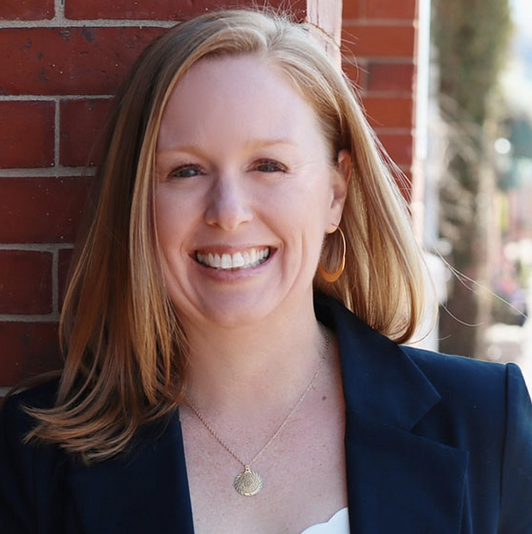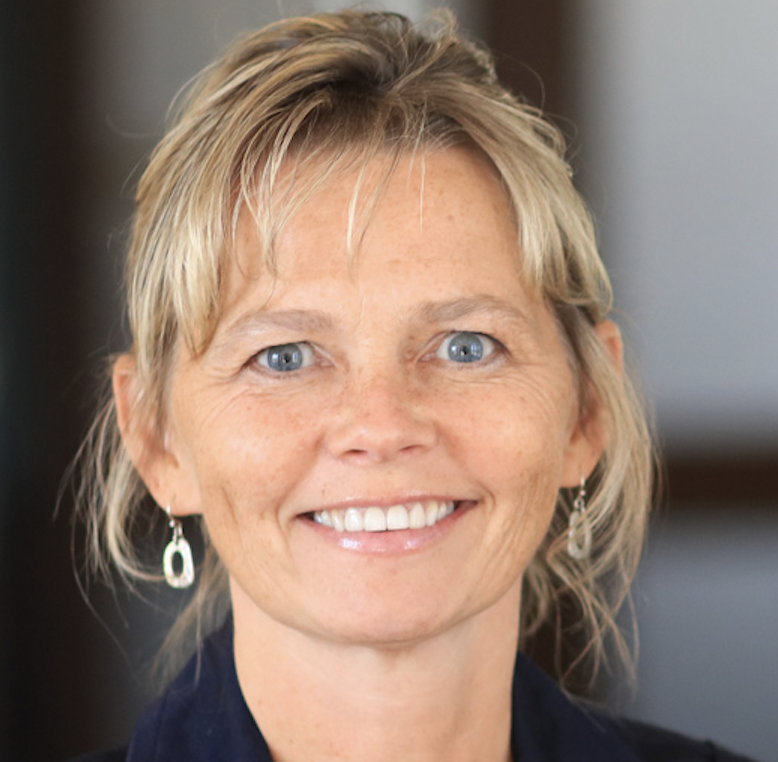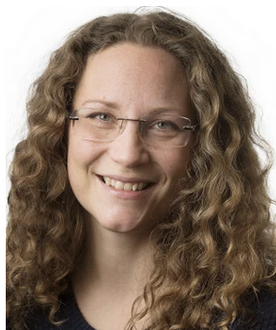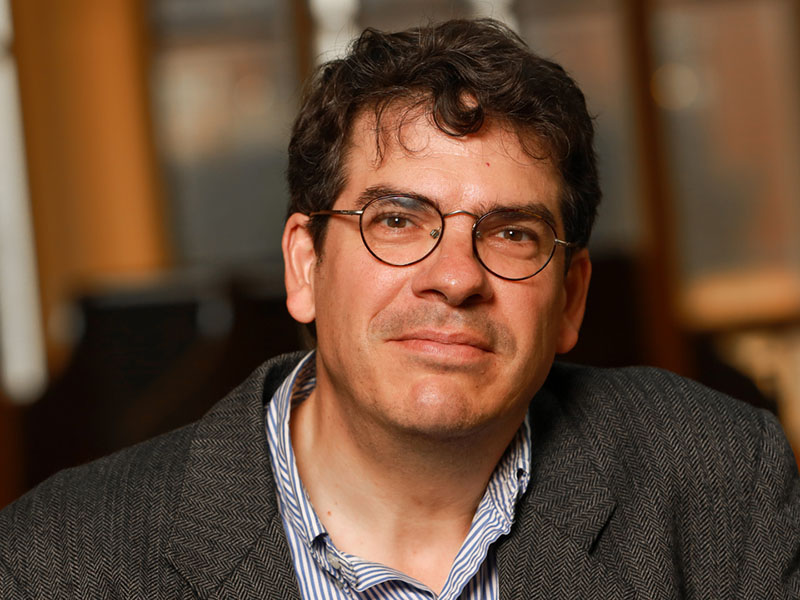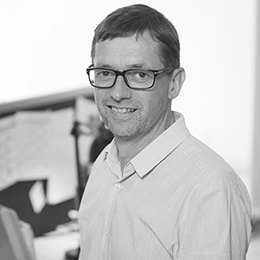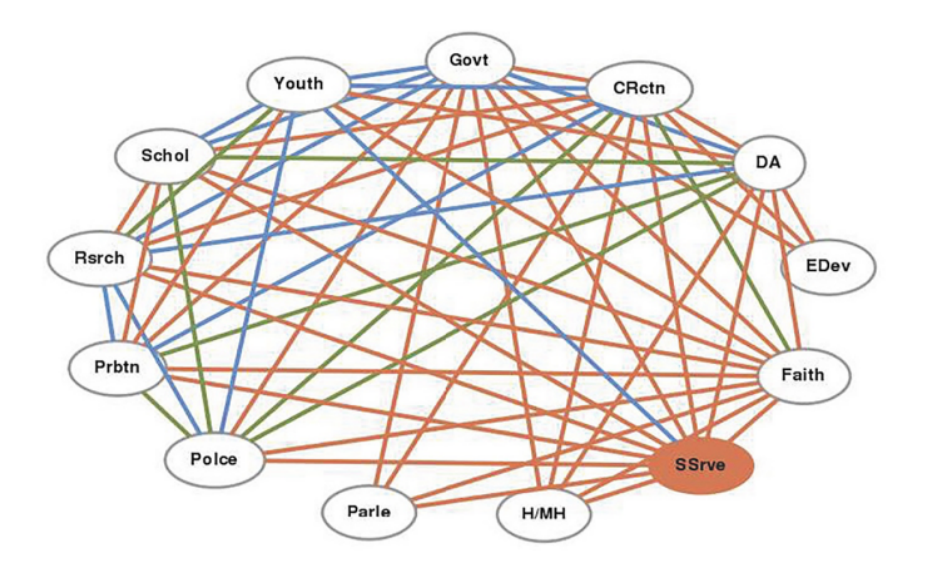
In a world facing wicked social challenges such as the COVID-19 pandemic, racial injustice, and climate change, leaders must be better equipped to navigate complexities. Addressing complex social challenges requires the collaboration of multiple and simultaneous relationships among business, government, nonprofits and community. New and deep understandings of these intersections also call for holistic and integrative forms of knowledge developed through research, practice and direct experience. Further, the quality of these connections - including the presence or absence of shared goals, shared knowledge, and mutual respect - impacts their ability to engage successfully in multi-level systems change.
This learning community, co-hosted by Suffolk University's Sawyer Business School, will bring together scholars and change leaders from around the world to advance teaching, research, and practice and build relational capacity for multilevel systems change. Our work will be informed by relational coordination, social capital, administrative and organizational theories. We will connect members from government, business, and nonprofit sectors to apply models of change, related tools, and empirical research to improve a wide range of organizational and community outcomes.
Purpose
Building Relational Capacity for Resilient Communities is committed to producing and disseminating research and related tools on the theory, practice, and teaching of relational practices and approaches that support high performance through:
- Convening. Meet throughout the year in virtual and in-person formats (RCC Roundtable, RC Cafes, etc.) to share ideas and insights and to develop theory, practice, and teaching as it relates to building relational capacity for resilience.
- Community. Cultivate a community that supports an interdisciplinary approach to building resilience to address complex social challenges.
Partners
We welcome students, faculty, researchers and practitioners to join this learning community as a convener, subject matter expert, or partner in understanding and addressing the wicked problems that face communities and organizations. Our partners are interested in:- Studying and sharing how high-quality relationships and communication within and across organizations impact a wide range of outcomes, including worker well-being, quality, and efficiency, and learning and innovation, among others.
- Applying the Relational Model of Change and related tools within and across organizations to address wicked challenges and improve outcomes.
- Building a supportive community with other change leaders and scholars to share insights from research and practice and gain a better understanding of how the quality of relationships and communication impacts interdependent work and which processes, policies and practices support these relationships.

